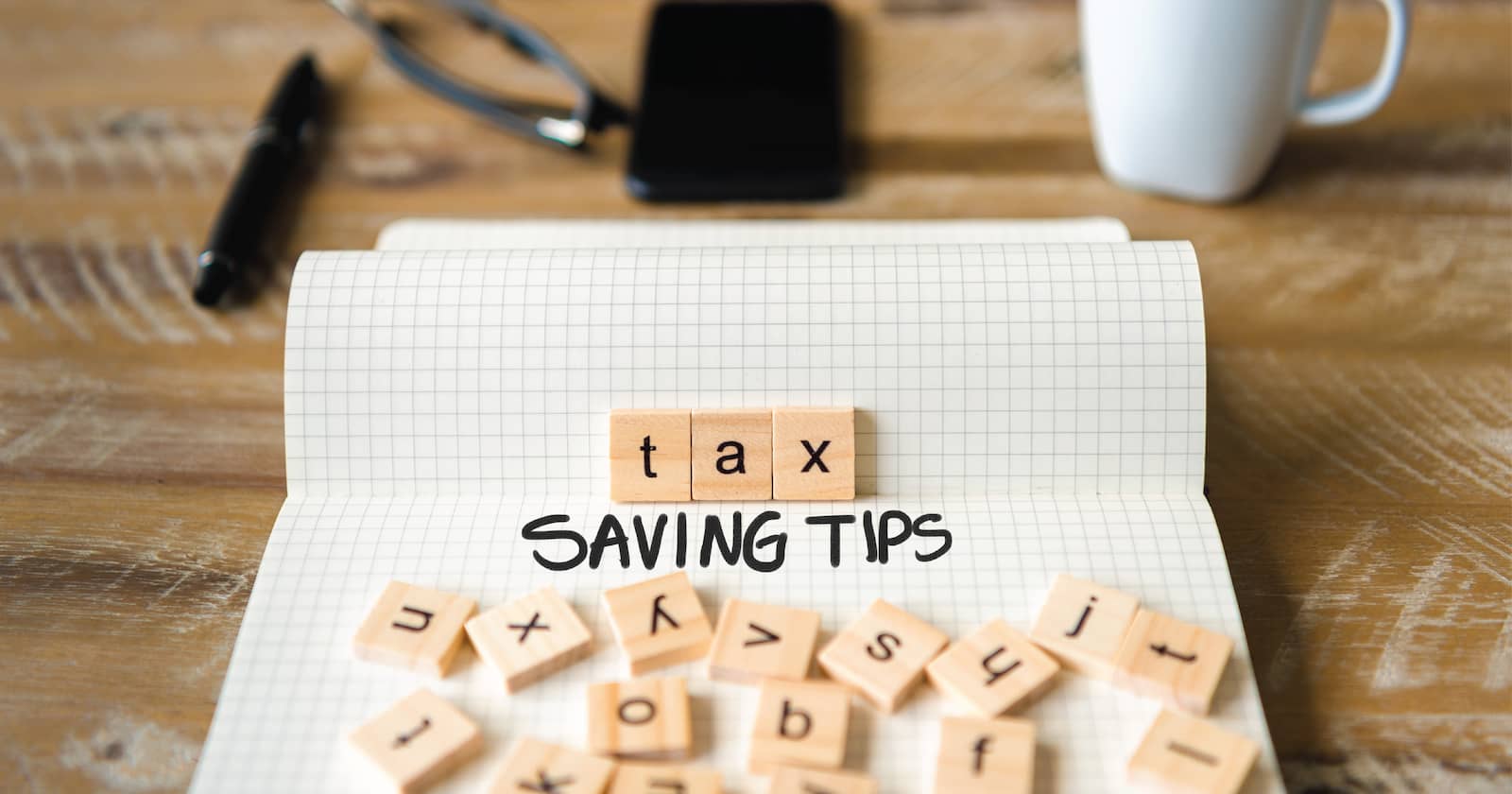Saving money on taxes can significantly boost your financial health. Here’s some expert advice to help you minimize your tax liability.
First, maximizing your retirement contributions is a great starting point. Contributing to retirement accounts like a 401(k) or IRA can reduce your taxable income. For 2024, you can contribute up to $22,500 to a 401(k) and $6,500 to an IRA, with additional catch-up contributions allowed if you’re over 50. This not only helps in building your retirement savings but also offers immediate tax benefits.
Taking advantage of tax credits is another effective strategy. Tax credits directly reduce your tax bill, unlike deductions that reduce your taxable income. Common credits include the Earned Income Tax Credit (EITC), Child Tax Credit, and education credits like the American Opportunity Credit and Lifetime Learning Credit. These credits can significantly lower your tax liability.
Health Savings Accounts (HSAs) are also a valuable tool. Contributions to HSAs are tax-deductible, and the funds grow tax-free. Withdrawals for qualified medical expenses are also tax-free. For 2024, the contribution limits are $3,850 for individuals and $7,750 for families. This triple tax advantage makes HSAs a powerful way to save on taxes while preparing for healthcare costs.
Charitable contributions can provide both personal satisfaction and tax savings. Donations to qualified charitable organizations can be deducted from your taxable income. Ensure you keep records of all donations, including receipts and acknowledgment letters from the charities, to substantiate your deductions. Tax-loss harvesting is a strategy worth considering if you have investments that have lost value. By selling these investments, you can offset capital gains from other investments, reducing your overall tax liability. This method allows you to balance gains and losses strategically to minimize taxes.
If you work from home, you may be eligible for a home office deduction. This can include a portion of your rent or mortgage, utilities, and other related expenses. However, ensure you meet the IRS criteria for a home office to qualify for this deduction. For those who are self-employed, keeping detailed records of all business-related expenses is crucial. Deductions can include office supplies, travel expenses, and even a portion of your home internet bill if it’s used for business purposes. These deductions can significantly reduce your taxable income.
Another strategy is to bundle deductions. By concentrating itemized deductions into one year, you might exceed the standard deduction threshold, maximizing your tax benefits. For example, you might make two years’ worth of charitable contributions in one year.
Flexible Spending Accounts (FSAs) offer a way to set aside pre-tax dollars for medical and dependent care expenses. Using FSA funds for qualifying expenses reduces your taxable income, providing tax savings while covering necessary costs. It’s also essential to review and adjust your withholding to ensure it matches your tax liability. This prevents overpaying or underpaying taxes throughout the year. Adjust your W-4 form to reflect changes in your financial situation or tax status.
Investing in tax-efficient accounts like Roth IRAs and Roth 401(k)s can be beneficial. While contributions are made with after-tax dollars, qualified withdrawals are tax-free, which can be advantageous in retirement. Planning for education expenses through tax-advantaged accounts like 529 plans is another smart move. Contributions grow tax-free, and withdrawals for qualified education expenses are also tax-free, providing significant tax benefits for families saving for education.
Lastly, consulting a tax professional is always a good idea. Tax laws can be complex and change frequently. A tax professional can help you identify additional strategies specific to your situation and ensure you’re taking full advantage of available tax benefits. By implementing these strategies, you can effectively reduce your tax liability and keep more of your hard-earned money. Always stay informed about current tax laws and consult with a tax professional to optimize your tax-saving opportunities.


[…] Your online presence should act as a comprehensive portfolio showcasing your work, skills, and achievements. Regularly update your profiles with new projects, articles, and accomplishments. Engage with your audience by responding to comments, participating in discussions, and sharing industry news.Additionally, learn how to maximize your savings by reading our article on How to Save Money on Taxes: Expert Advice […]
[…] Check out! How to Save Money on Taxes: Expert Advice – FINANCE WRITES […]
[…] Check out! How to Save Money on Taxes: Expert Advice – FINANCE WRITES […]